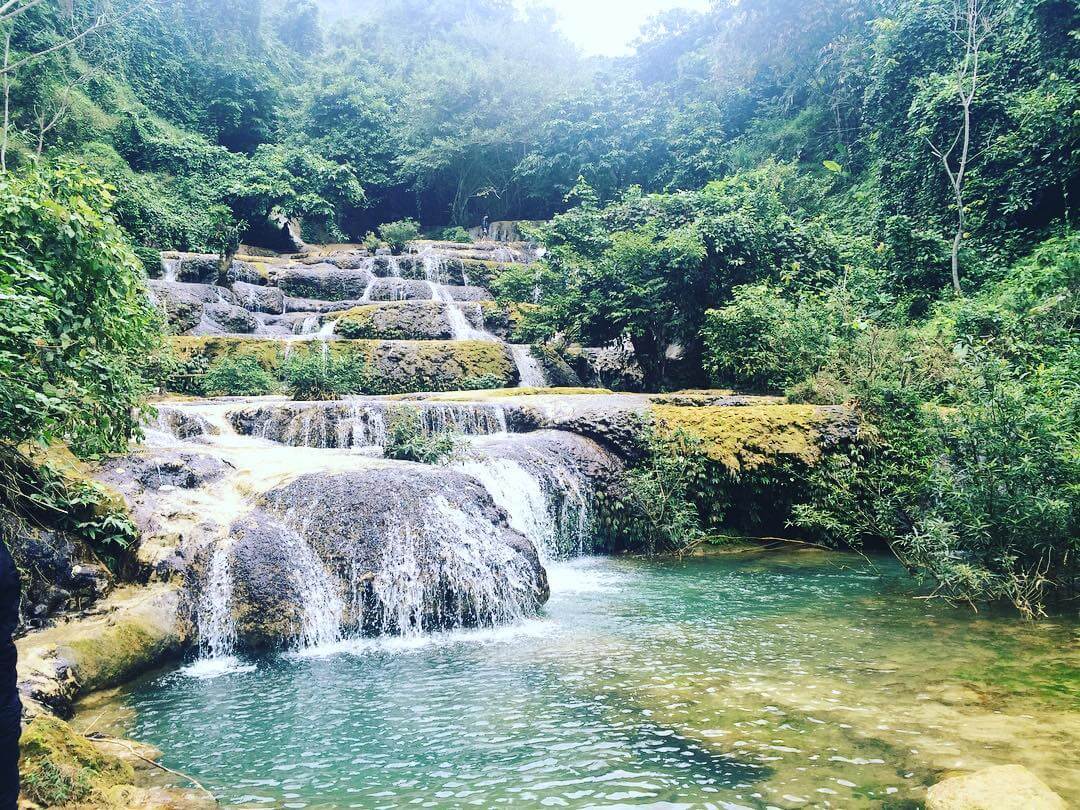Vietnam is a country in Southeast Asia known for its rich history, vibrant culture, and stunning natural beauty. From bustling cities to tranquil beaches, there is something for everyone in this diverse and fascinating country. In this article, we will provide you with a comprehensive travel guide that includes everything you need to know before planning your trip to Vietnam.
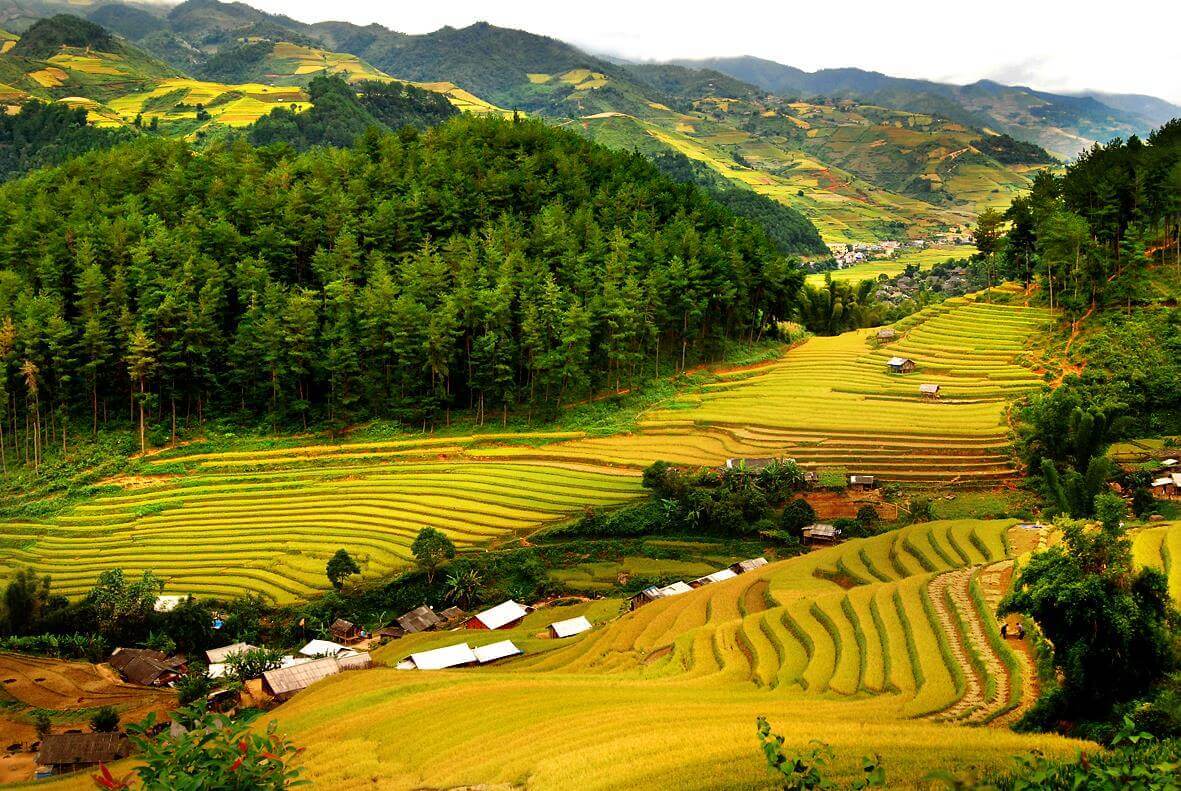
Table of Contents
Overview of Vietnam
Vietnam is located on the eastern coast of mainland Southeast Asia and has borders with China, Laos, Cambodia, and the South China Sea. The country has a population of over 96 million people and is divided into 58 provinces and five municipalities. The capital city is Hanoi, and the largest city is Ho Chi Minh City (formerly known as Saigon).
When to Visit Vietnam
Vietnam has a tropical climate with two main seasons: the dry season (from November to April) and the rainy season (from May to October). The best time to visit Vietnam depends on where you plan to go and what you want to do. If you’re interested in exploring the northern regions, the best time to visit is between September and November when the weather is cool and dry. The central regions are ideal to visit from February to May when the weather is warm and dry, and the beaches are at their best. The south is warm and humid throughout the year, but the best time to visit is from December to April when there’s less rain.
Getting to Vietnam
There are several international airports in Vietnam, including Noi Bai International Airport in Hanoi and Tan Son Nhat International Airport in Ho Chi Minh City. Flights to Vietnam are available from major cities around the world, including Bangkok, Singapore, Kuala Lumpur, Hong Kong, and Tokyo. If you’re already in Southeast Asia, you can also take a bus or train to Vietnam from neighboring countries.
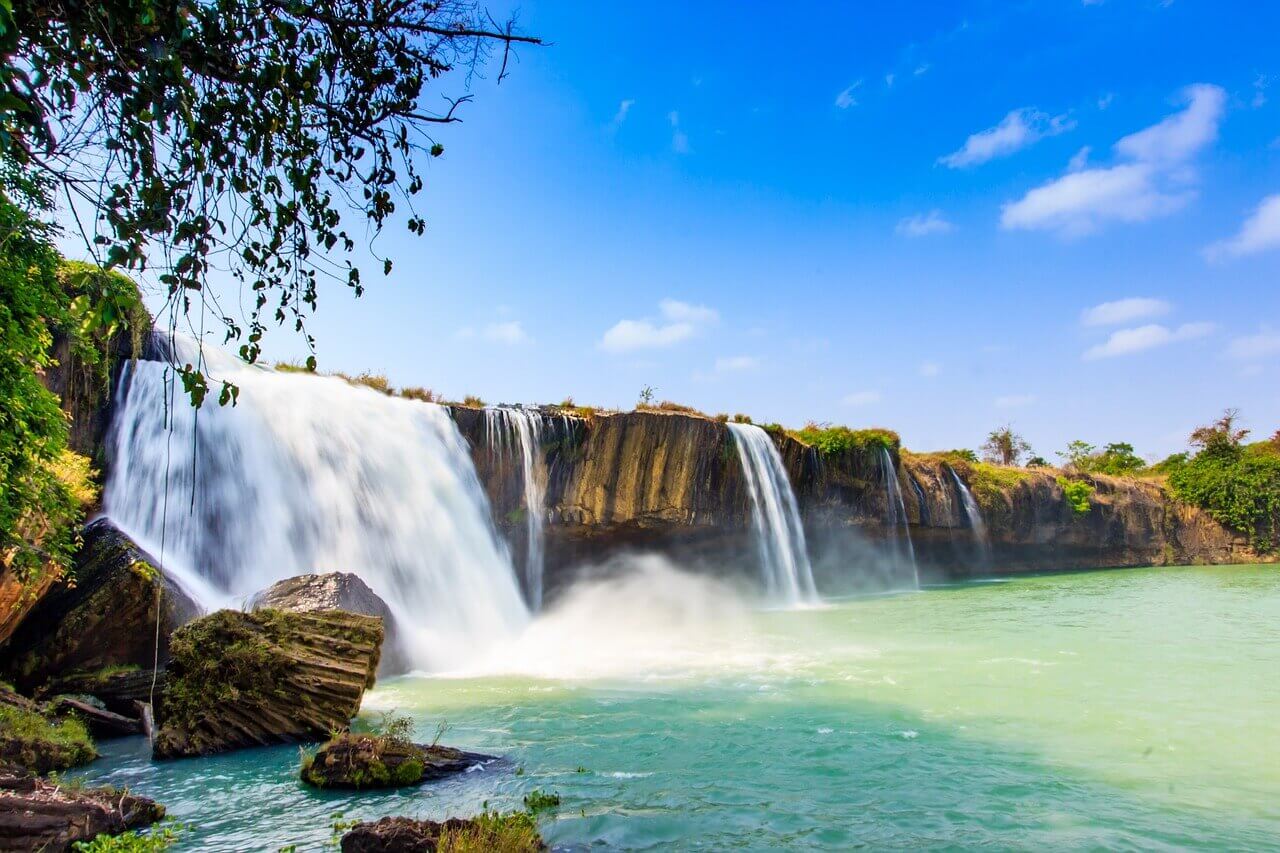
Visa Requirements
Most visitors to Vietnam need a visa to enter the country. You can get a visa on arrival at the airport or apply for one in advance through the Vietnamese embassy or consulate in your home country. The cost of a visa varies depending on the length of stay and type of visa you require.
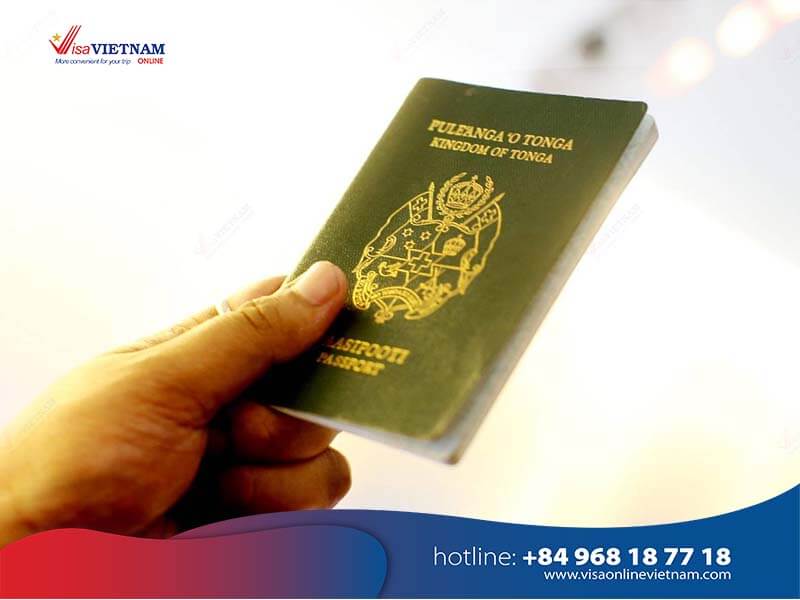
Currency and Money
The official currency of Vietnam is the Vietnamese dong (VND). US dollars are also widely accepted, especially in tourist areas. It’s a good idea to carry some cash with you when traveling in Vietnam as not all places accept credit cards. There are ATMs available in most major cities, but it’s best to check with your bank before you leave home to ensure that your card will work in Vietnam.
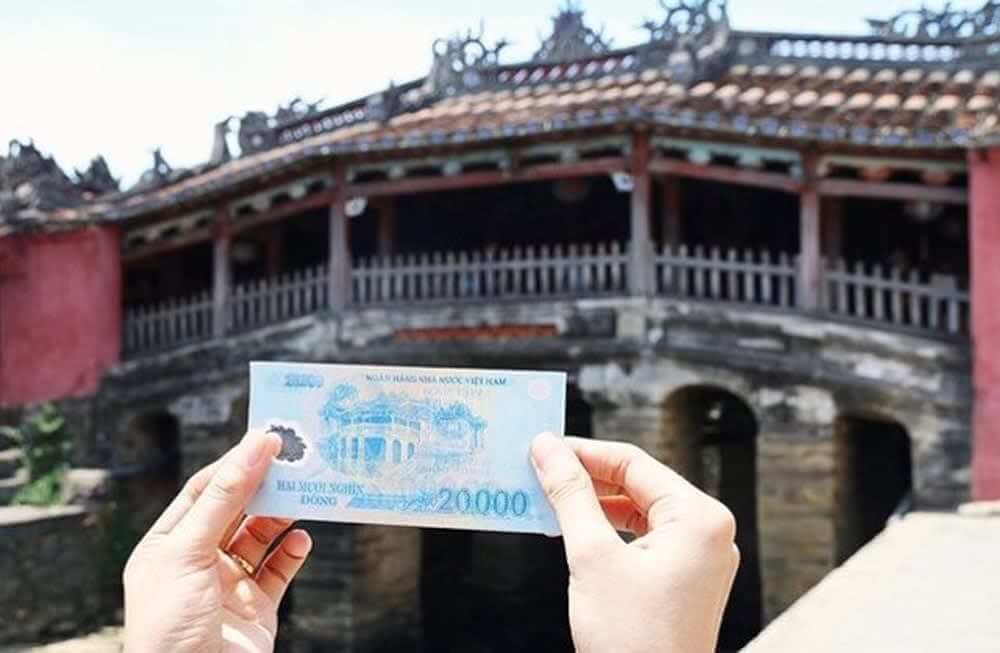
Language
The official language of Vietnam is Vietnamese, but English is widely spoken, especially in tourist areas. It’s always a good idea to learn a few basic phrases in Vietnamese before your trip, such as “hello” (xin chao), “thank you” (cam on), and “how much?” (bao nhieu tien?).
Accommodation
Vietnam has a wide range of accommodation options, from budget hostels to luxury resorts. In major cities like Hanoi and Ho Chi Minh City, there are plenty of hotels and guesthouses to choose from. If you’re looking for something more unique, you can also opt to stay in a homestay with a local family or book a room in a traditional Vietnamese house.
Food and Drink
Vietnamese cuisine is known for its fresh, healthy ingredients and bold flavors. Some of the must-try dishes include pho (a noodle soup), banh mi (a Vietnamese sandwich), and bun cha (grilled pork served with rice noodles). Vietnam is also famous for its coffee, which is often served with sweetened condensed milk. Other popular beverages include fresh fruit juice, beer, and tea.
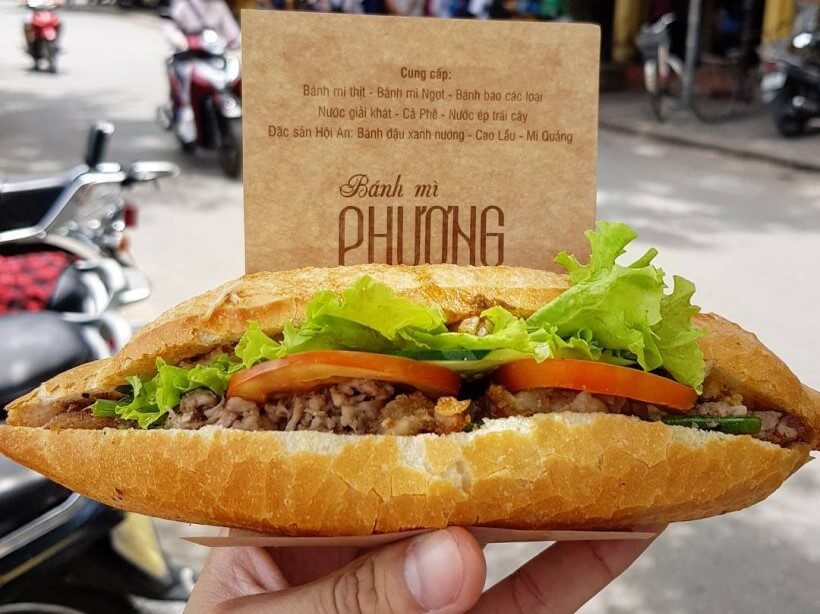
Getting Around Vietnam
There are several ways to get around Vietnam, including buses, trains, taxis, and motorbikes. Buses and trains are the most popular options for long-distance travel, while taxis are a good choice for getting around cities. Motorbikes are a popular option for exploring rural areas, but it’s always important to wear a helmet and drive safely.
Things to See and Do
Vietnam has no shortage of sights and activities to keep you busy during your trip. Some of the top attractions include:
- Halong Bay: A UNESCO World Heritage Site known for its stunning natural beauty and scenic boat tours.
- Hoi An: A charming town with well-preserved historic buildings and vibrant markets.
- Cu Chi Tunnels: A fascinating network of tunnels used by the Viet Cong during the Vietnam War.
- Sapa: A mountainous region in the north of Vietnam with breathtaking scenery and hill tribe villages.
- Mekong Delta: A lush, fertile region in southern Vietnam with floating markets and traditional villages.
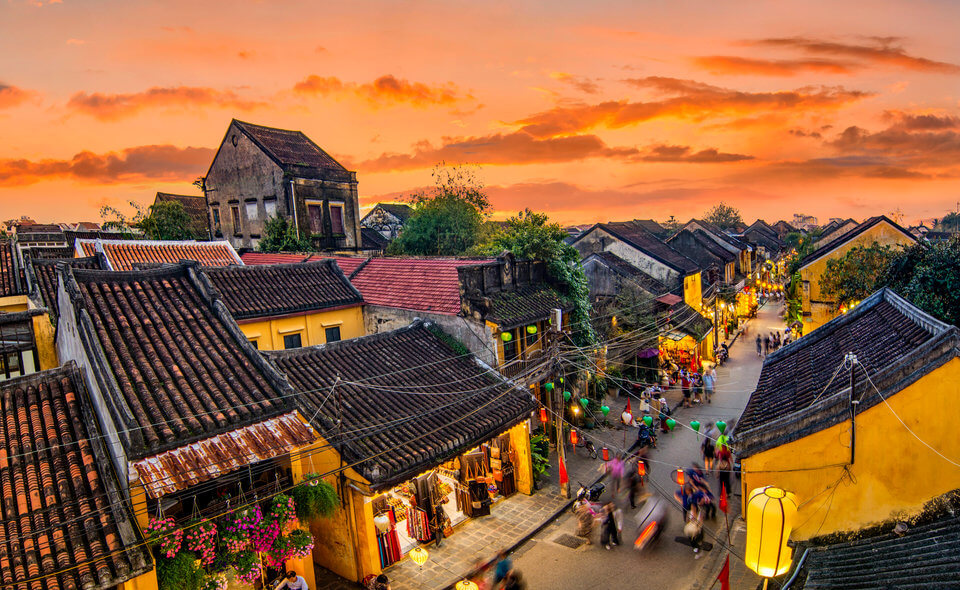
Conclusion
Vietnam is a must-visit destination for anyone looking to experience Southeast Asia’s rich culture, history, andnatural beauty. From bustling cities to tranquil beaches, there is something for everyone in this diverse and fascinating country. We hope that this comprehensive travel guide has provided you with all the information you need to plan your trip to Vietnam.
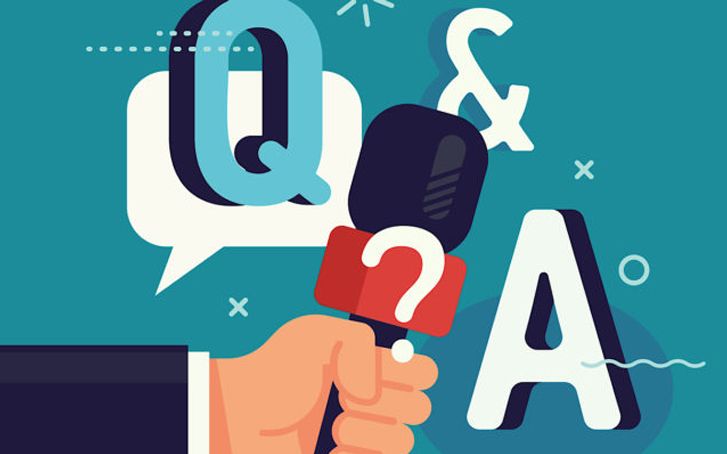
FAQs
- Is it safe to travel to Vietnam?
- Overall, Vietnam is a safe country for travelers. However, it’s always important to take precautions like keeping an eye on your belongings and not walking alone at night in unfamiliar areas.
- How much does it cost to travel to Vietnam?
- The cost of traveling to Vietnam can vary depending on your budget and itinerary. On average, budget travelers can expect to spend around $20-30 per day, while mid-range travelers may spend $50-100 per day.
- What should I pack for my trip to Vietnam?
- It’s important to pack light and comfortable clothing, especially if you’re visiting during the hot and humid summer months. Don’t forget to pack sunscreen, mosquito repellent, and any necessary medications.
- Can I use my credit card in Vietnam?
- Credit cards are accepted in some tourist areas, but it’s always a good idea to carry cash as well since many places only accept cash payments.
- Do I need to tip in Vietnam?
- Tipping is not expected in Vietnam, but it’s always appreciated for exceptional service. If you do decide to tip, a small amount like 10% of the total bill is sufficient.
